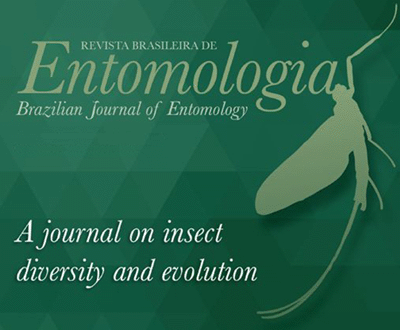The gall inducer Clusiamyia nitida Maia, 1996 (Diptera, Cecidomyiidae) often infests the shrub Clusia lanceolata (Camb.) (Clusiaceae) in the Neotropical vegetation of restinga of Rio de Janeiro State, Brazil. Leaves of Clusia lanceolata host up to 20 spheroid galls and show variation in their shape. We aimed to evaluate the effect of gall's intensity on leaves of Clusia lanceolata, and the extension of gall's impact on adjacent non-galled leaves. We analyzed the effect of the number of galls on leaf area, biomass, specific area and leaf appearance from 509 leaves of 14 individual plants. The results showed that differences of individual plants, pairs of leaves, and gall presence were responsible for more then 90% of variation on infested leaves. Variation on parasitic intensity level created differences in leaf response. Under moderate gall attack characterized by scattered galls on a leaf, the increase of the number of galls caused an increase of leaf biomass and area, and a decrease of specific area. The specific area was smaller also under high attack intensity, characterized by coalescent galls on a leaf. In those cases of extremely high parasitic intensity, galled leaves became deformed and the surface area was severely reduced. Leaf deformation due to gall attack led to early leaf abscission, indicated by the 90% of deformed leaves found in the youngest leaf pair of the branch. There was insufficient evidence that the impact of galls on leaf morpho-physiological parameters extended beyond the attacked leaves, because ungalled leaves did not change significantly when their opposite leaf had been galled.
Cecidomyiidae; Clusia lanceolata; Clusiamyia nitida; compensatory response; insect-plant interaction









